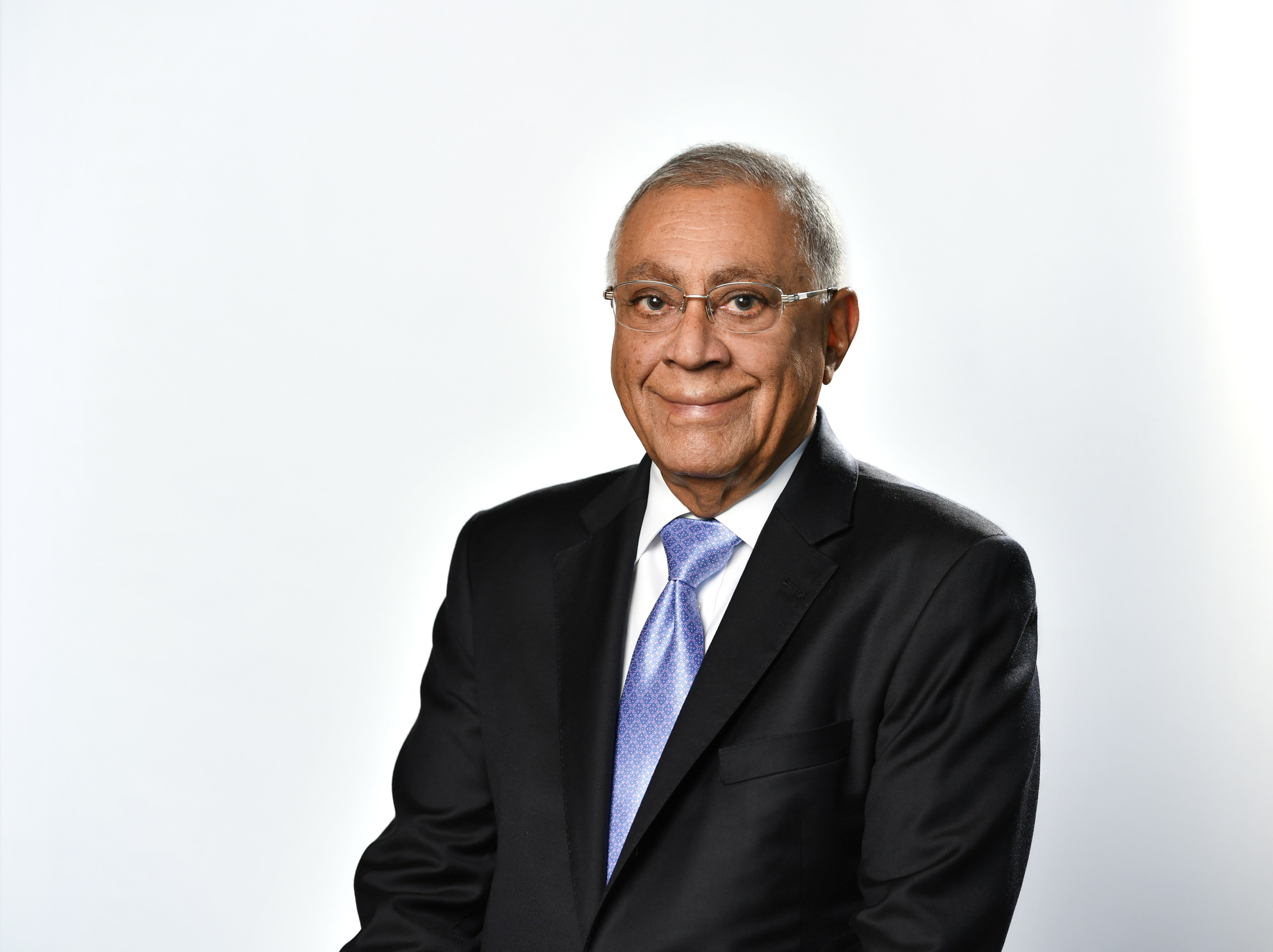
Source: Splash 247: “Caravel Group: Harry Banga charts shipping’s intelligent future”, August 6, 2025
Twelve years ago, the brand Maritime CEO was launched, carrying an exclusive interview with Harry Banga on the launch issue, detailing the launch of The Caravel Group. The title would go on to interview many of the best-known names in shipping, also publishing an annual outlook title as well as developing the Maritime CEO Forum series of exclusive, by-invite-only gatherings around the world.
Starting today, Maritime CEO returns with a weekly big interview with shipping leaders, returning to its roots, to Hong Kong and the Wan Chai headquarters of Caravel, a major trader and parent of the world’s second-largest shipmanager, Fleet Management.
Harry Banga, who turns 75 on Sunday, was born in Amritsar and raised in Chandigarh. He trained at Training Ship Dufferin, India’s oldest maritime academy, earning his Master Mariner certification in 1976 at the age of 26. By 27, he was commanding merchant vessels. In 1979, he moved to Hong Kong to join Gulf Group’s shipping operations, later becoming an early partner in Noble Group in 1989. As vice-chairman post-1994 listing, he was instrumental in building Noble into one of Asia’s top commodities trading firms, before striking out on his own with son Angad with Caravel 12 years ago.
For someone who has been in shipping since the 1970s, Banga feels that the industry today is at the edge of a new frontier.
“In the next 12 months, I believe we’ll see operational intelligence in shipping shift from visibility to real-time decision-making autonomy,” Banga tells Maritime CEO.
Three key developments stand out for him. AI-powered voyage optimisation will become more integrated, adaptive, and predictive, Banga reckons. This won’t just be about route planning — it will dynamically optimise fuel purchases, emissions compliance, port arrival windows, and maintenance windows — all within a single intelligent platform.
“The goal,” he says, “is not just marginal cost savings, but unlocking systemic efficiencies.”
Secondly, digital twins will play a “foundational role”, Banga says, in evaluating and simulating green propulsion strategies — particularly as dual-fuel, methanol, ammonia, and LNG bunker vessels enter mainstream operations. These twins, according to Banga, will assess lifecycle emissions, opex impacts, and retrofit economics — providing a critical planning tool for owners navigating decarbonisation.
Thirdly, cyber-physical integration will deepen, Banga predicts, especially in shipmanagement.
“We are embedding AI-powered sensors and diagnostics throughout the vessel, enabling real-time monitoring of machinery, onboard safety, and environmental performance,” Banga says. “These systems are not standalone — they’re becoming part of the operating DNA of the vessel.”
At Fleet Management, which now has more than 650 ships on its books, the company is investing in AI-driven operational improvements across its portfolio. This includes the deployment of intelligent maintenance platforms, fuel efficiency monitoring, and integrated crew performance analytics.
“These systems are not replacing human judgment — they are amplifying it at scale,” Banga stresses, adding: “The industry is moving from digitisation as an enabler, to technology as a differentiator, and now, to intelligence as the operating model.”
Warming to the theme, Banga describes how AI is becoming the “nervous system” of operations at Fleet. For instance, the company’s AI-powered Fleet Operations Centre integrates machine learning to forecast maintenance needs, optimise main engine power and auxiliary load consumption, and minimise fuel waste. These models learn continuously — feeding actionable insights back into voyage planning, procurement, maintenance, and crew deployment strategies.
Banga also reveals exclusively to Maritime CEO that his group has made a strategic investment in a series A round of a maritime safety intelligence company. The solution, soon to be public, uses AI and computer vision to proactively detect onboard safety violations, fatigue risks, and procedural lapses via real-time CCTV analysis.
“This class of technology is redefining how we manage risk — making safety predictive, not reactive,” Banga says.
Caravel and Fleet are also actively exploring the use of AI agents to automate routine office functions — from documentation and invoicing to voyage record-keeping and support ticketing.
“The aim,” Banga says, “is to augment human productivity, not replace it — and to start with small, measurable wins rather than chase abstract ambitions. The cost side is clear — but the real opportunity lies in freeing up human bandwidth to focus on high-value decision-making. That is where AI becomes transformative.”
Industry-wide, AI adoption is gathering pace, Banga says, before cautioning that it is still early in the innings for shipping.
“The true bottleneck is not the algorithm — it’s organisational readiness and data interoperability. Those who can align business processes with intelligent systems — and train their people to work with AI — will emerge as leaders,” Banga concludes.

.jpeg)
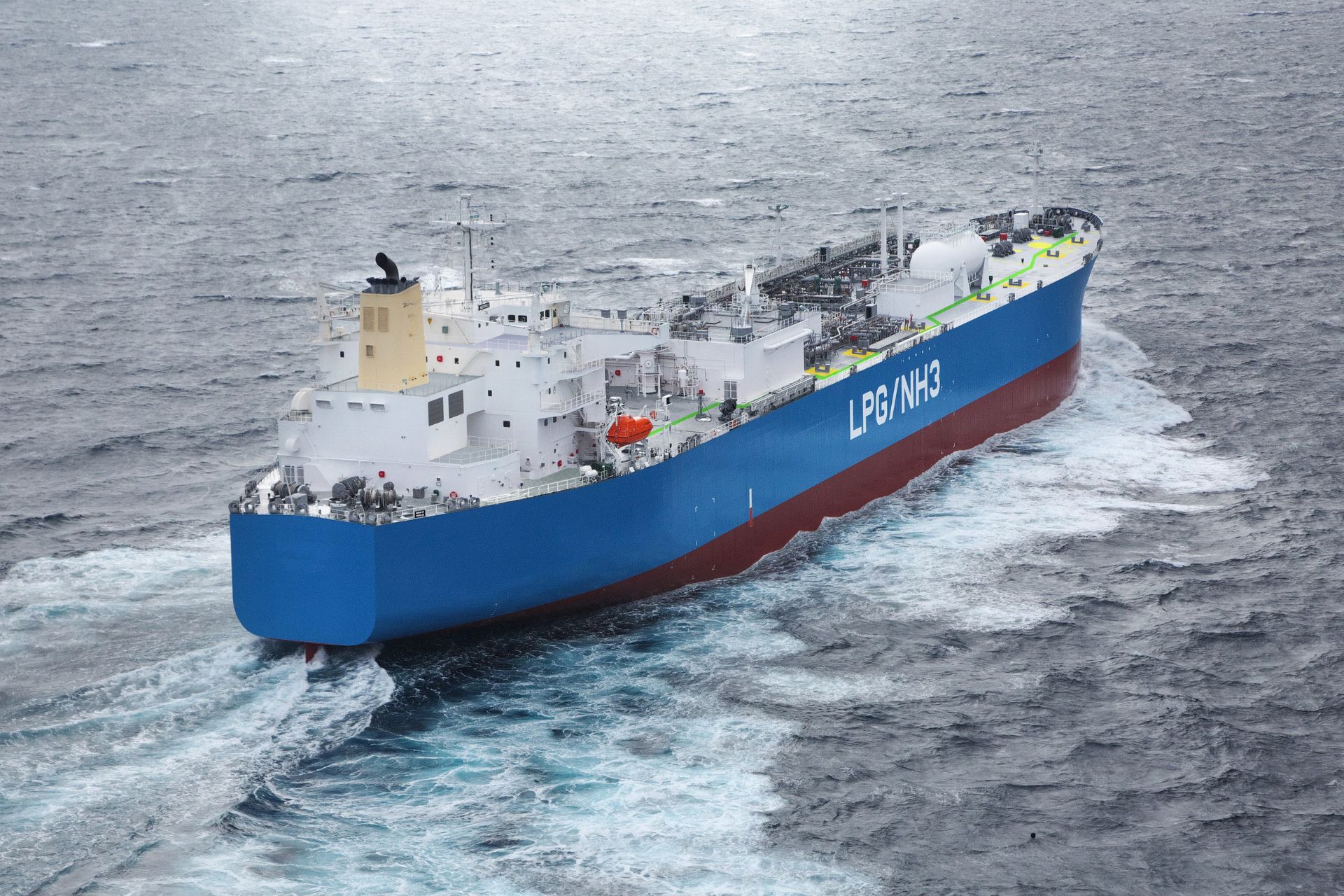

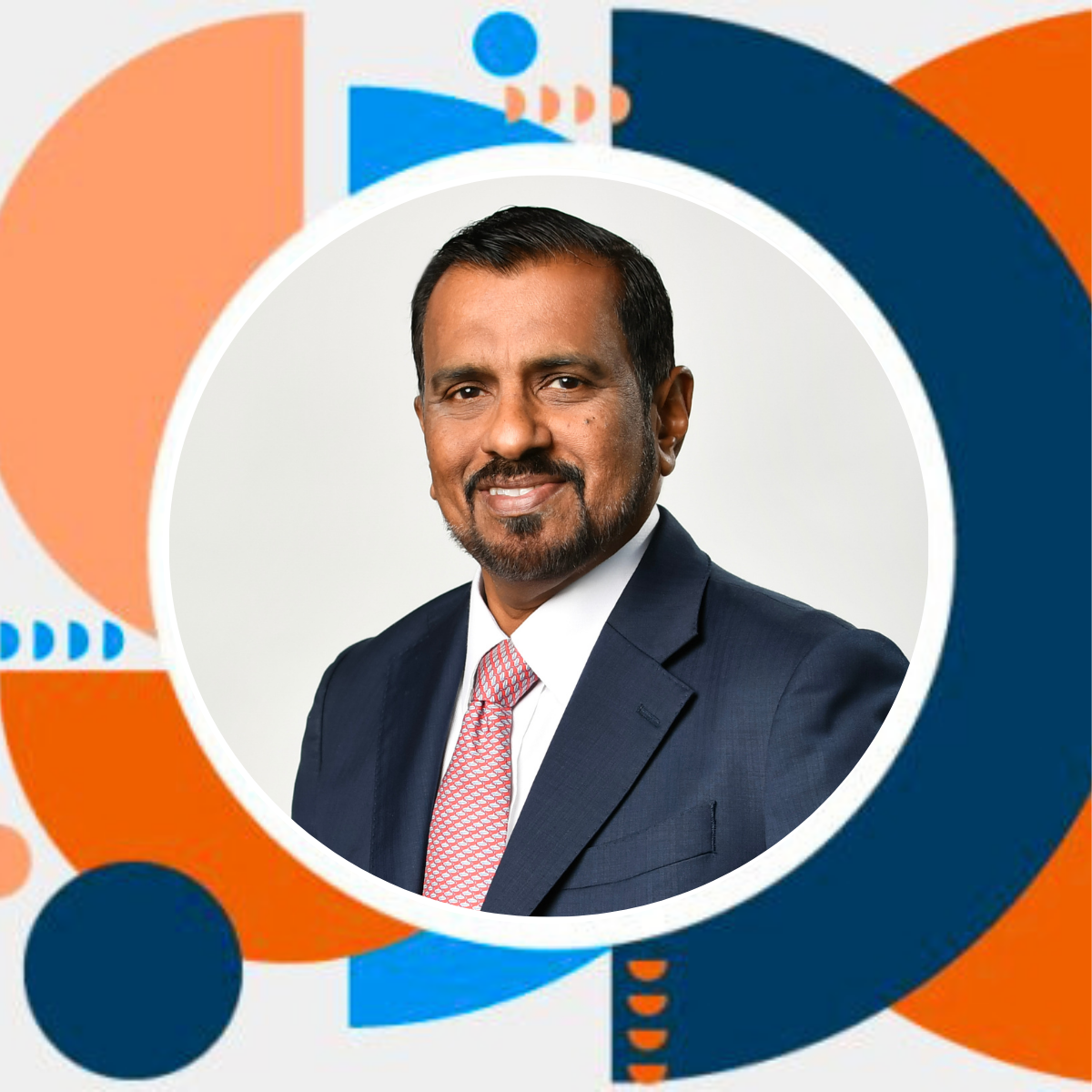
.jpeg)
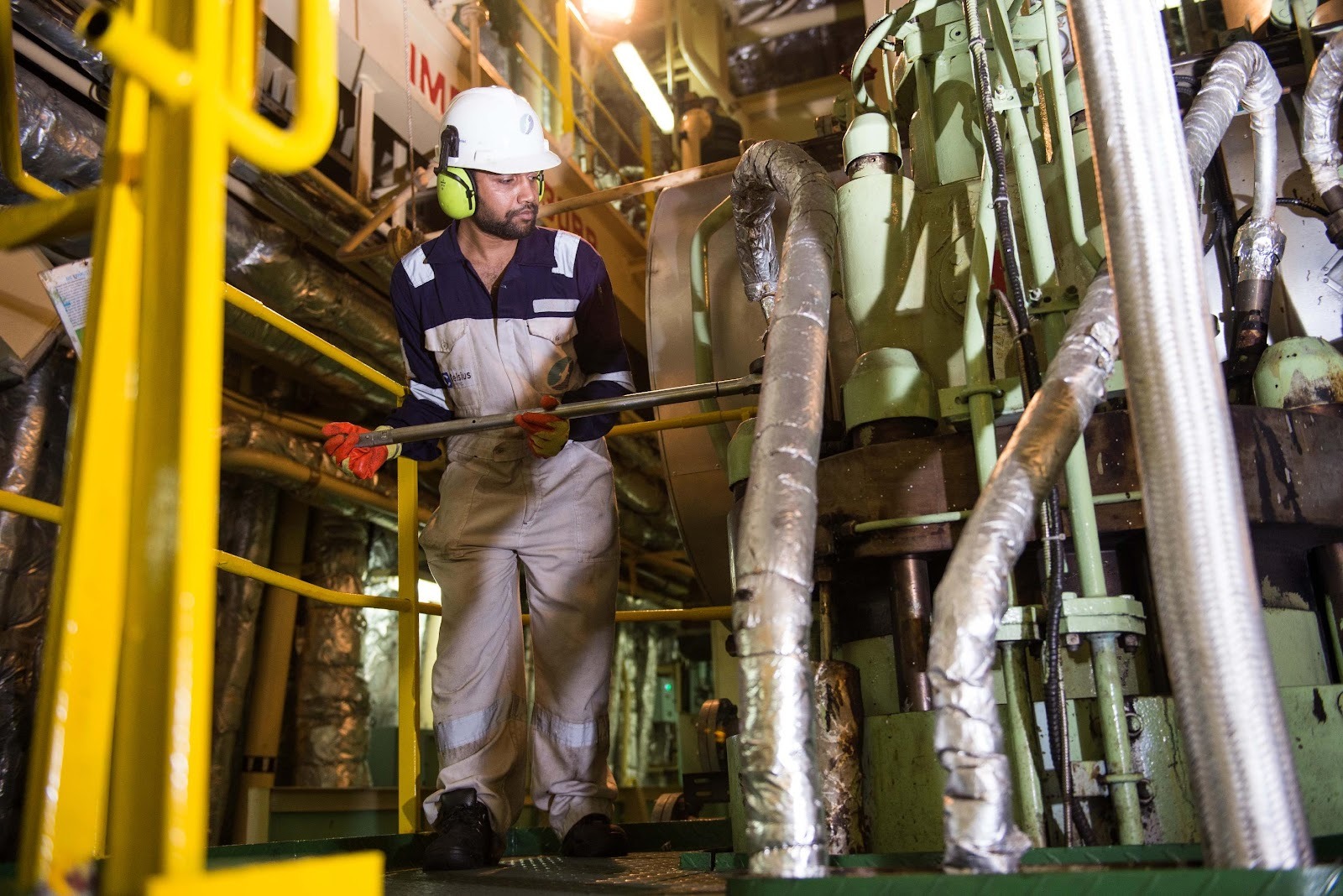



.png)

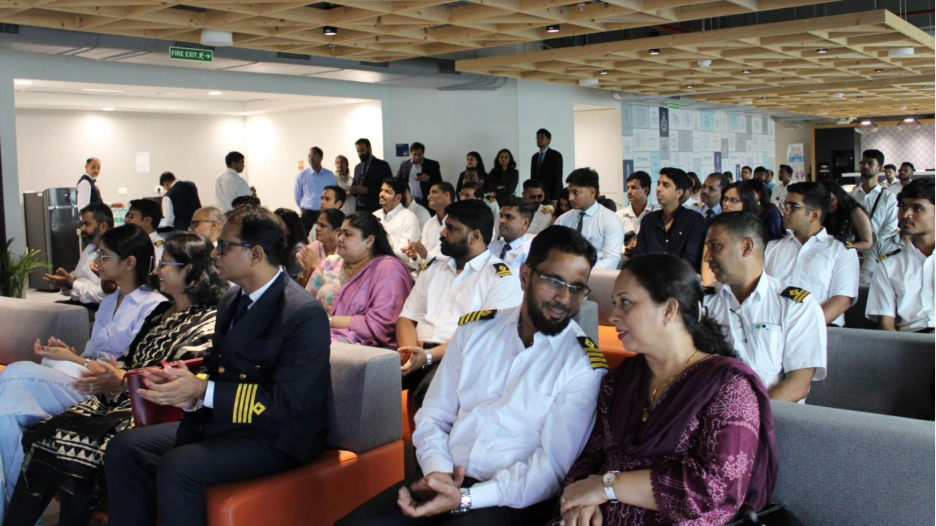



-min.png)

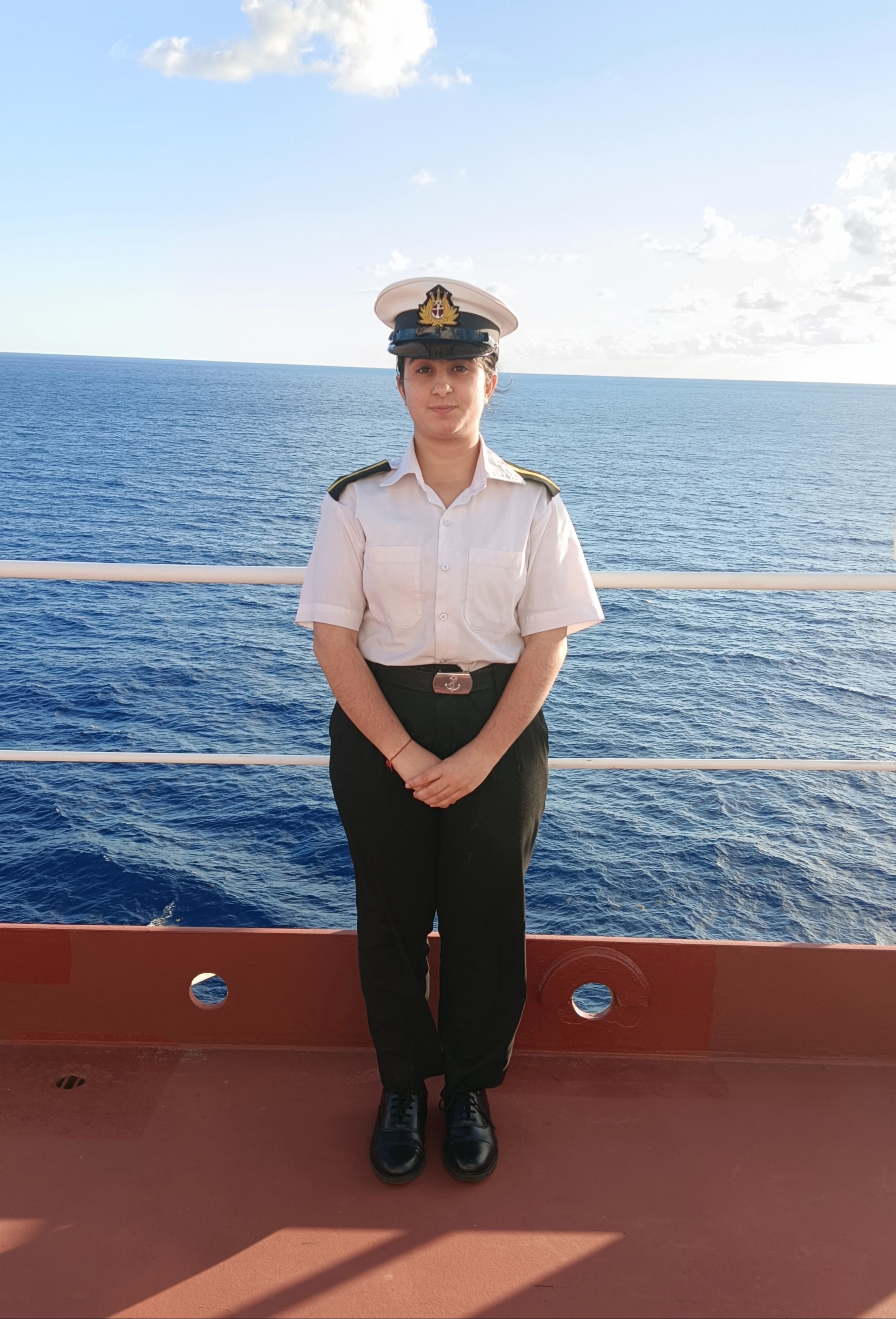








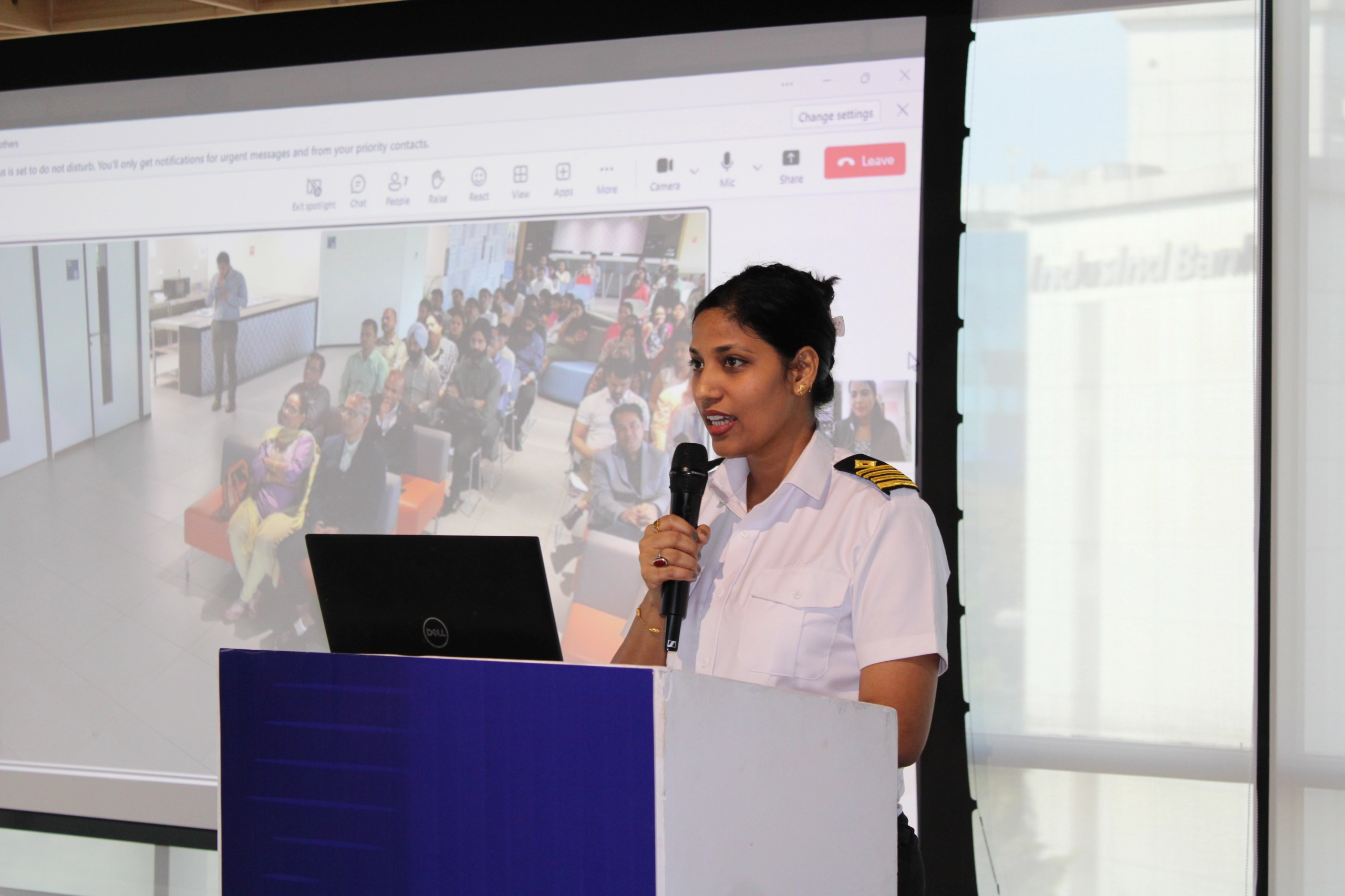






.svg)